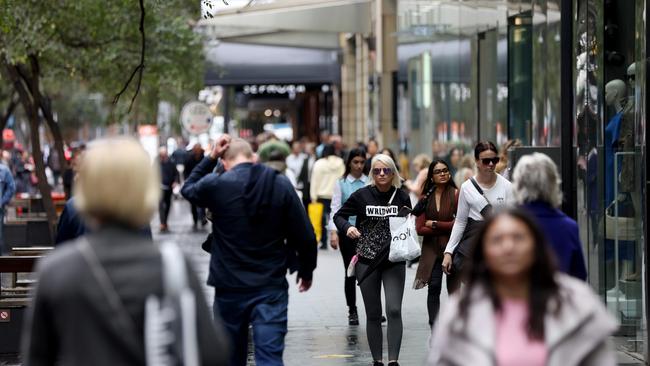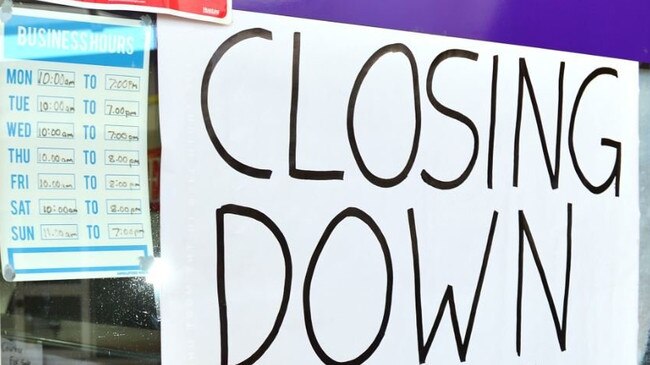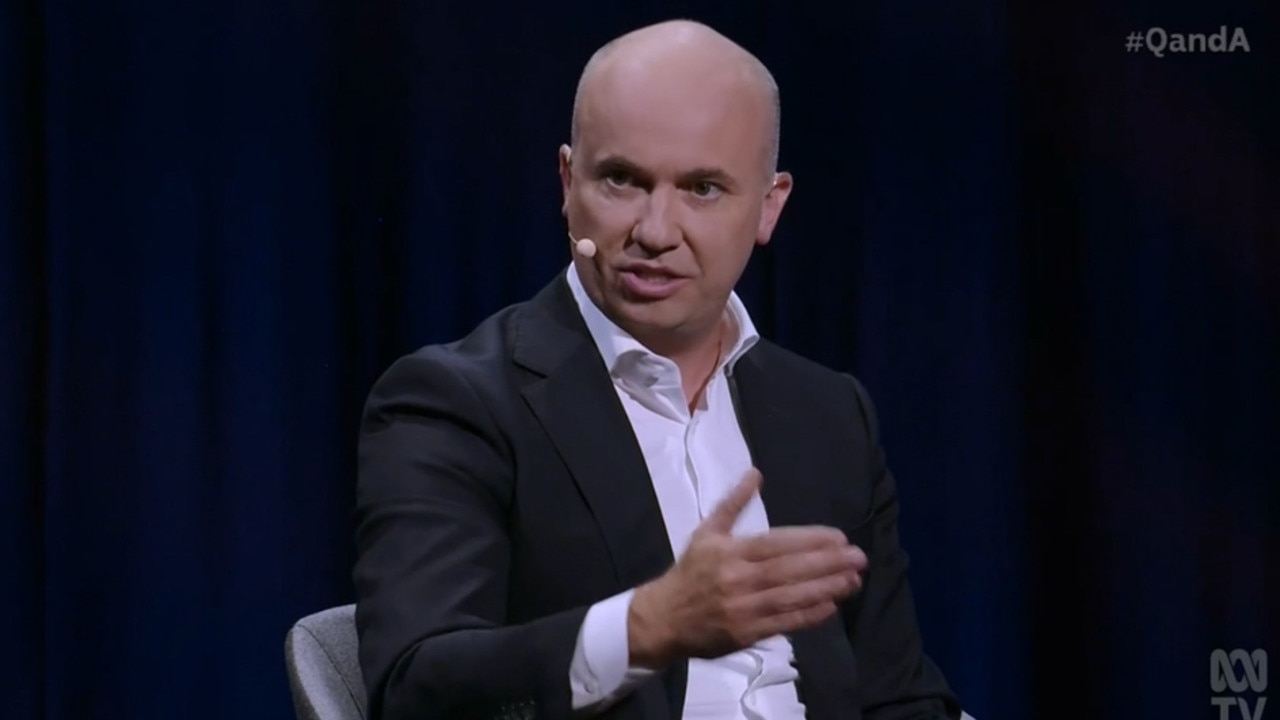
The ripple of that decision will have an enormous impact on households and businesses across the country.
Australia’s economy has long been regarded as a case study in economic resilience, but 10 months of consecutive interest rate increases have challenged our economic optimism.
The ramifications of the rate rises are exacerbated by predictions and assurances that interest rates wouldn’t rise until 2024. This has made preparation for households and businesses more challenging – catching many off guard.
Small businesses are the backbone of the Australian economy. They, much like the many variable interest rate mortgage holders across the country, are bearing the brunt of inflation-starving measures.

For low-to-medium income earners, the financial toll of any further rises will be significant; for example, a $500,000 home loan is already up almost $12,000 per year according to Canstar.
And while inflation is beginning to ease, for many retailers – small businesses especially – this has the dual effect of reducing customer spending and increasing business costs.
For a family business with tight margins, this can be the difference between make and break.
Discretionary purchases will certainly be among the first sacrifices Australians make. We have already seen this in the ABS data with spending on household goods the first to be impacted, recording negative growth for the fourth consecutive month.
In my experience, shopping for the home is the first category to falter, so it remains to be seen how far this impact will spread.
An Australian Retailers Association survey found that more than 80 per cent of small businesses are already under financial stress.
To cope, 58 per cent of businesses intended to offset higher costs by finding savings in other areas, while 81 per cent intended to pass the costs on to consumers.

The question here is, can all inflation increases be passed on to consumers in the form of price increases? The simple answer is no.
Every time you increase prices, you risk losing a customer. A cafe owner well knows that there is a tipping point on how much they can charge for a coffee.
As the cost of doing business, including the cost of borrowing, increases, investment in equipment, staff or expansion wanes.
With accumulated debt from the pandemic period, there are undoubtedly small businesses already staring down the barrel of missed payments, defaults and even bankruptcy.
For retailers in particular, rate rises are just the latest challenge in navigating a new permanent state of disruption as supply chain constraints and a labour crisis are continuing to prove a challenge.
Significant increases to the cost of doing business are ongoing: a flow-on effect of the pandemic, natural disasters, climate change, wage increases and global supply chain pressures.
We are advocating for government to address other significant issues for retailers, such as the supply chain disruptions and staff shortages. But importantly, we need to support small business which are the cornerstone of our economy.
We need a holistic approach to monetary policy, ensuring that Australians have access to financial assistance. Productivity and growth in the Australian economy must be a top priority.
The human impact of future rate rises must also be considered.
Building and maintaining a business takes years. When a small business fails, it not only affects people’s livelihoods, dreams and aspirations. What follows is the snowball effect, where staff are laid off and sent on their own subsequent journeys of financial despair.
The RBA is doing its job to tame inflation but we must also think about the collateral damage.
While all eyes will be on the RBA on April 4, on the second Tuesday of May the government will be in the spotlight when it reveals its federal budget where the support for households and businesses through this economic challenge will be of equal importance.
Paul Zahra is chief executive of the Australian Retailers Association




On Tuesday, the Reserve Bank of Australia will consider pausing interest rates, and a chorus of trepidatious borrowers are urging it to follow through.